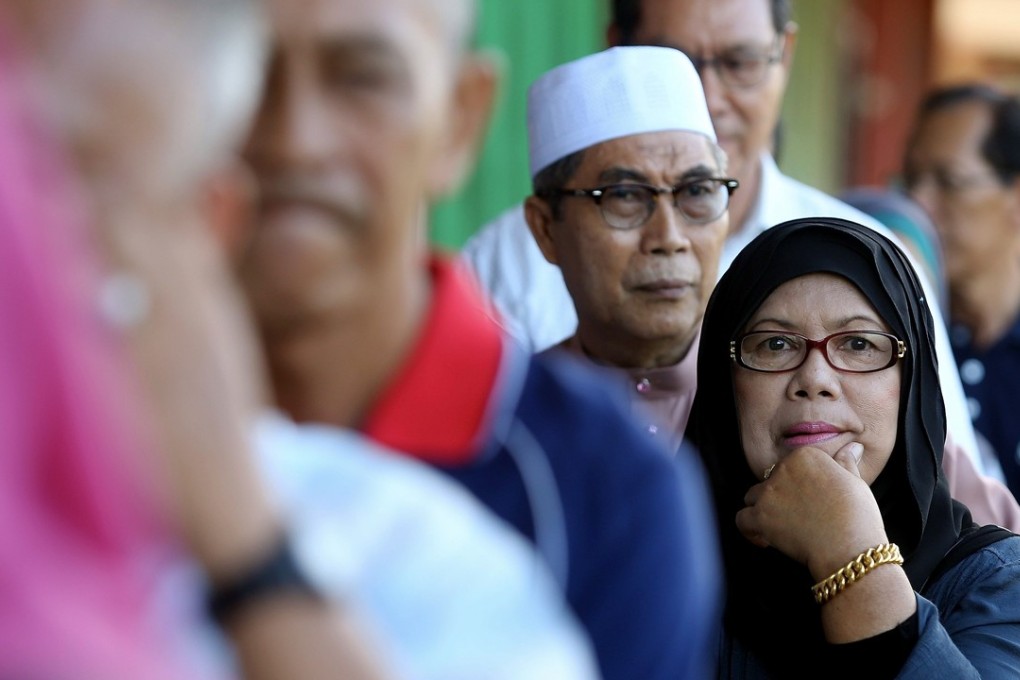What could go wrong for Najib when Malaysia goes to the polls?
Malaysian Prime Minister Najib Razak has a knack for weathering political storms. So with a watershed election looming, he should have nothing to worry about, right? Except for these four things, that is

Malaysian Prime Minister Najib Razak is a tease. With just over 100 days before his government’s five-year term ends, only he seems to hold the answer to the date of the general election.
In parliament this week – the legislature’s last meeting before the June 24 deadline – the premier displayed his trademark coyness over the timing of the vote. Walking past a gaggle of journalists, he drew hoots of faux exasperation when he stopped in his tracks, his face breaking into a wide grin, and asked aloud: “When’s the election? What am I announcing today?”
With the coming polls seen as the toughest the long-ruling Barisan Nasional coalition has faced in decades, observers say it is no surprise that Najib is holding his cards close to his chest.
Malaysia’s constitution grants the prime minister discretion to call elections any time during a parliamentary term, with the assent of the country’s constitutional monarch.

The current parliament sitting lasts until April 5, and government and opposition insiders say parliament is likely to be dissolved soon after that date.
That would mean the actual vote could be held in late April, or in early May – before the start of the Islamic holy month of Ramadan on May 16.